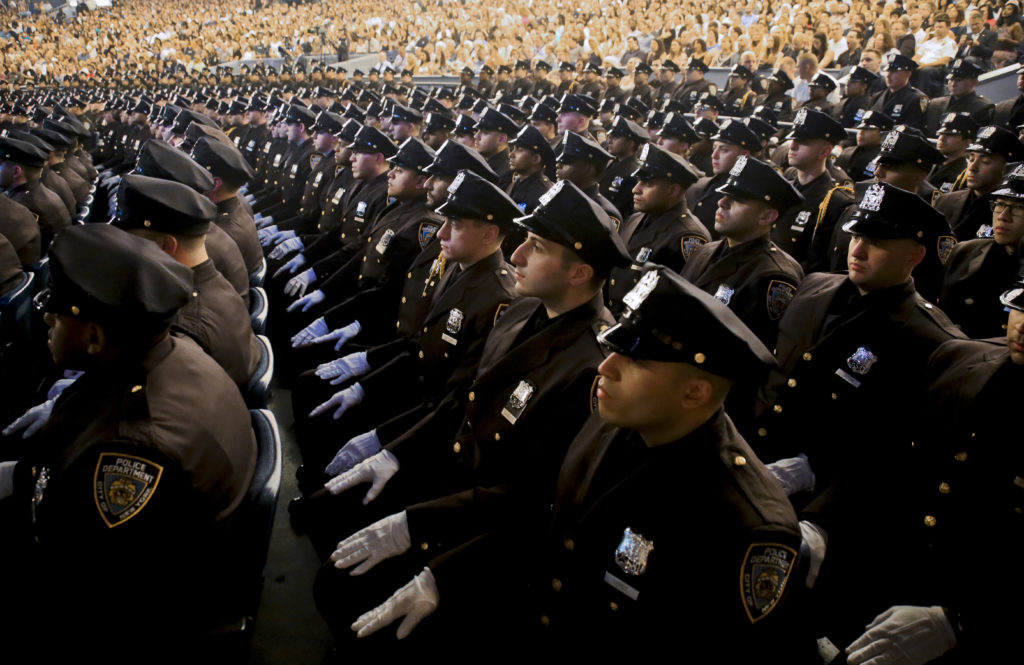Here’s how other cities investigate police misconduct

AP Photo/Bebeto Matthews
This is the third article in a series about the Civilian Complaint Review Board.
The city’s independent watchdog of NYPD conduct is unable to launch investigations without a citizen complaint, and that has meant a majority of the cases in which police used lethal force go without independent investigations.
In New York City, the Civilian Complaint Review Board investigates allegations of police misconduct — but as the Brooklyn Eagle previously reported, city rules prevent investigating without a complaint. The agency also does not solicit complaints from victims’ families.
